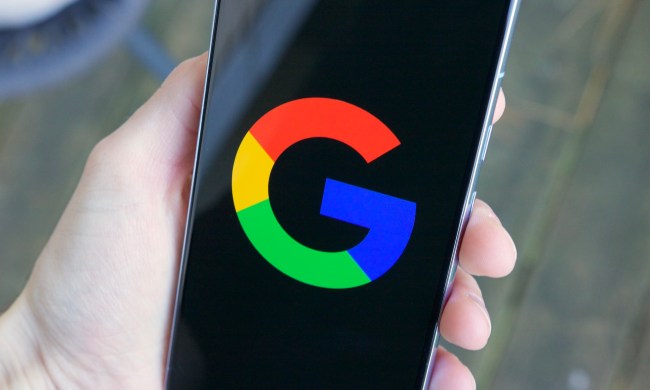A recent report from Ookla, using Speedtest data, highlights how Google Fiber’s entry into various markets has driven a significant increase in internet speeds across the board. Google Fiber has set a new standard by offering gigabit internet services — speeds far exceeding what was available from most providers previously.
According to the report, the presence of Google Fiber in a market often prompts competitors to offer faster, more reliable internet to keep up. In areas where Google Fiber operates, both download and upload speeds have surged, benefitting not just Google customers but also those using other ISPs.
The Speedtest data reveals a clear trend: In cities where Google Fiber is available, internet speeds for all providers improved. This isn’t limited to Google’s customers alone. Competing ISPs, such as AT&T and Comcast, were found to have upgraded their offerings, providing faster speeds to stay competitive.

For instance, in the Kansas City area, one of the first places where Google Fiber was introduced, average download speeds increased dramatically, even for non-Google ISPs. The competition was forced to offer similar speeds, which led to a ripple effect of faster internet in areas that had previously lagged behind.
The report also emphasizes how gigabit internet — once considered unnecessary by many providers — has become the new standard in cities with Google Fiber. This push for higher speeds benefits consumers as it leads to better network infrastructure and more competitive pricing. Providers like AT&T Fiber, Spectrum, and Cox have now rolled out gigabit or multi-gigabit options in cities where they face competition from Google Fiber.
In response, some competitors are even exploring options beyond gigabit speeds, offering 2Gbps and 5Gbps plans to retain high-end customers. These offerings have become more prevalent in markets where Google Fiber operates, a testament to the competitive pressure they feel.
For consumers, this competition is nothing but good news. Google Fiber’s entry into the broadband market has forced other ISPs to improve their services, resulting in faster speeds, more reliable connections, and often better prices. Additionally, as competitors invest in fiber-optic infrastructure to compete with Google, more households can access top-tier internet, even in areas that were previously underserved.
Whether through direct competition or simply by raising the bar for what’s expected in terms of internet speed, Google Fiber’s influence continues to be felt, and consumers are the ultimate winners.



